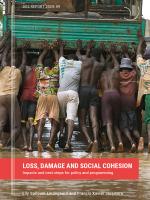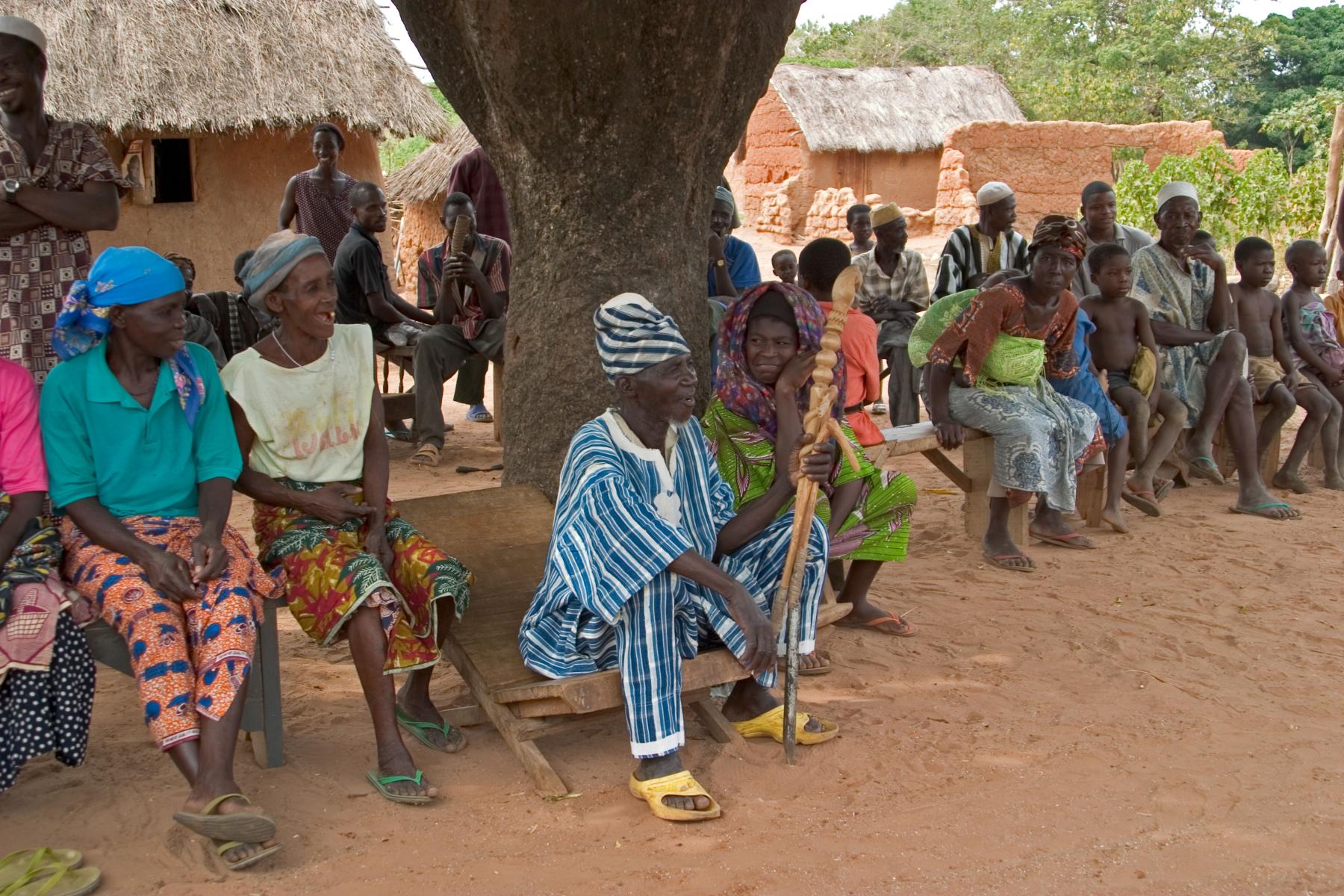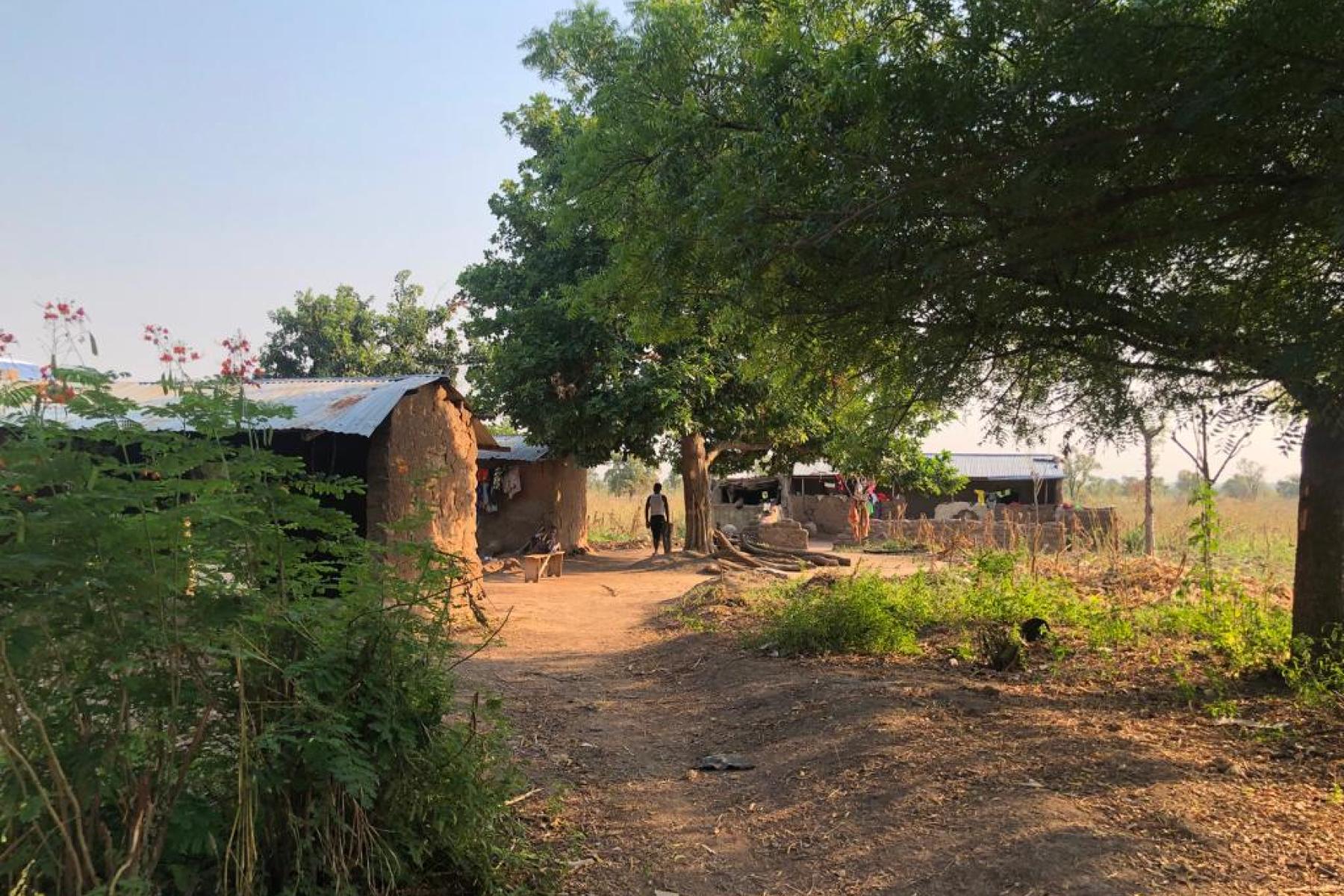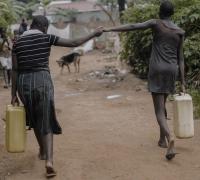Loss, damage and social cohesion
Climate impacts are intensifying, but knowledge of social impacts is limited. This DIIS Report documents novel findings of considerable social cohesion losses in highly vulnerable areas of the Sahel and West Africa affected by climate change, forced mobility and insecurity. It finds that social cohesion losses are widespread and that these losses have negative material as well as social impacts. Yet the report’s assessment of current social cohesion programming shows that focus on climate-related losses to social cohesion is limited. Rather, focus is on areas affected by forced mobility, instability and conflict. Extensive social cohesion losses are therefore likely going overlooked and unaddressed.
This report comes at a time of heightened attention to losses and damage, and a move towards dedicated financing and programming. The new Loss and Damage Fund under the United Nations Framework Convention on Climate Change was established at COP27 in 2022 and operationalised at COP28 in 2023 to provide finance to addressing losses and damages. Its board now meets for the first time, moving the fund one step closer to active efforts to address losses and damages in climate vulnerable areas.
To support programming efforts, the report provides an overview of current approaches to social cohesion, including links to loss and damage. On the basis of its review of existing approaches and programming and its novel examination of losses to social cohesion on the ground, the report provides key takeaways and possible next steps for actors seeking to engage with social cohesion in practice.
The report is part of the study ‘Displacement, climate change and social cohesion: Exploring loss and damage dynamics’ a cooperation between the Danish Institute for International Studies and the Danish Red Cross, together with the Niger Red Cross and research partners in Ghana.
Please note the following correction: The mobility numbers included on pages 39 and 59 are for the individual and their household, not only the individual; e.g., 75% of respondents recount that they or another member of their household moved in the last 5 years when they would rather have stayed home.
DIIS Experts






